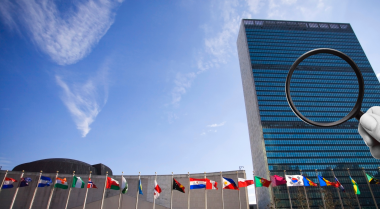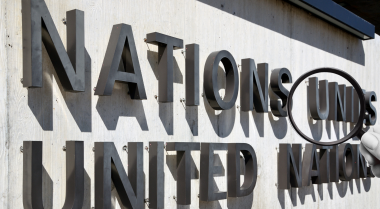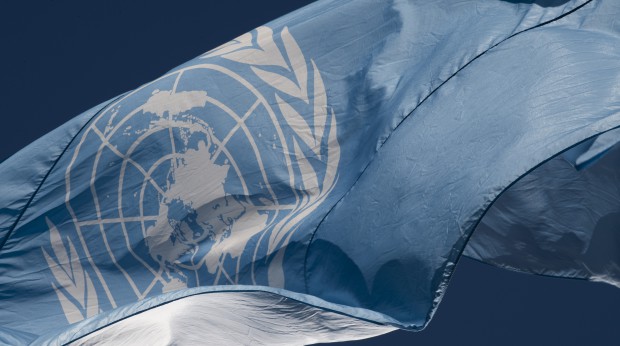
PBC Blog: Institutionalising Sustaining Peace
Being a leader in sustaining peace requires significant capacity. Institutionalising processes that support sustaining peace can make a significant impact in operationalising the agenda. The process of integrating sustaining peace is currently undertaken by all UN actors, as seen through the engagement of various UN actors in the 2020 Peacebuilding Architecture Review (2020 PBAR).
The Peacebuilding Commission is not an exception and, therefore, must continue to institutionalise and improve its working methods to be a leader on sustaining peace.
The Peacebuilding Commission has recently begun institutionalising sustaining peace through the coordinating role it played during the 2020 PBAR. The Commission has also helped shift the understanding of peacebuilding beyond post-conflict reconstruction, taking active steps to support governments' recovery from the COVID-19 pandemic and bringing in issues of socio-economic impact. In terms of procedure, expanding and diversifying the themes and focus of the Commission is big progress.
Another important step in supporting the sustaining peace agenda is the significant increase in the transparency of its work on sustaining peace. The Commission became more intentional about making documentation of its work public and accessible as a knowledge base on sustaining peace.
The Commission has also continued the practice of having previous chairs serve as vice chairs. This ensures continuity by helping pass knowledge on from chair to chair, which is important since the chair significantly influences the programme of work. This year, it has enabled the transition of Canadian success in advancing the discussion on financing for peacebuilding to Egypt’s leadership ahead of the 2022 High-Level Meeting on Peacebuilding and Sustaining Peace.
Egypt’s leadership in the Commission is notable in continuing to inspire other Member States on the Commission to bring forward topics for discussion and generally have an impact on the Commission’s work. This includes Germany’s leadership on innovative financing, Lebanon’s commitment to climate change, among other examples. This approach helps advance the principle of national ownership while allowing the sustaining peace agenda to progress.
However, the process of institutionalisation has raised some challenges and questions. The Commission has diversified its working methods over time, going beyond the Country Specific Configurations (CSCs) to address other countries and regions, and broader thematic issues. While focusing on countries beyond the CSCs raises the visibility of the Commission, it also stretches the capacity of the Commission, which may make it difficult for the PBC to work to the best of its ability. The introduction of thematic issues presents a welcome shift towards a prevention focus, but may also water down the focus on individual countries or regions, potentially leading to a decreased capacity to adequately respond to and follow up on them.
Some working methods also present power dynamics that must be considered. Because all 31 Member States in the Organisational Committee must agree on meeting topics, the principle of consensus essentially gives all Member States on the Commission veto power. The principle of national ownership sometimes helps circumvent this veto power, but it also allows the country in question to essentially shape the conversation, potentially leading the Commission to be seen as not adding anything.
To continue strengthening their role as a leader on sustaining peace, PBC Member States need to think about the possible downsides that the current change in the Commission’s operations could bring. When implementing change, it is important to reflect on how these changes will be perceived in the current Commission’s structure and power dynamics. The Commission members must approach the situation with a long-term vision of gradual change that would support its role as a leader on sustaining peace rather than a process of immediate impacts that can translate into a long-term challenge for the Commission. This is all the more important given the fact that the PBC is gaining more and more attention and prominence.



